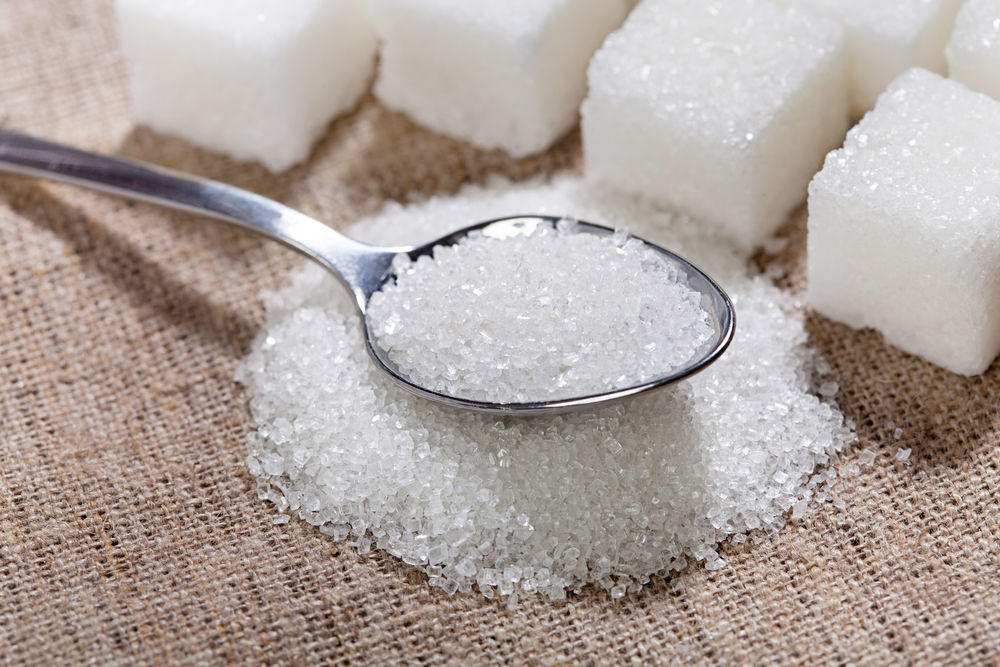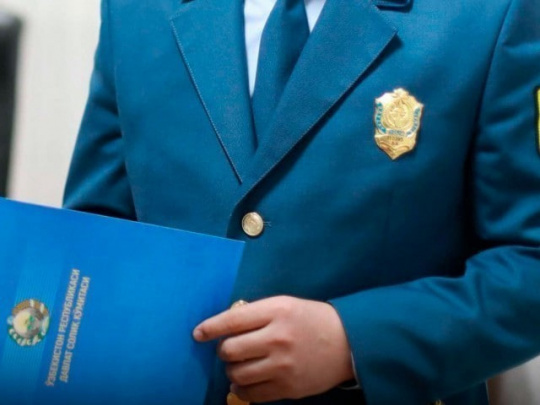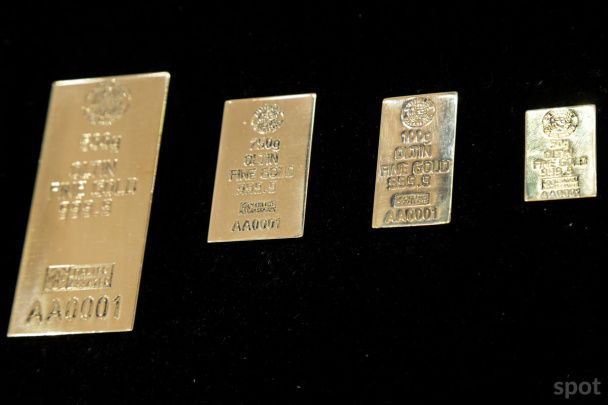Uzbekistan to abolish excise tax on sugar, lift import ban on powdered milk
The excise tax on sugar will be abolished, and restrictions on the import of powdered milk will be removed, it was announced during a high-level government meeting addressing support for local industry and entrepreneurship.

It was noted that the confectionery and soft drink sectors have already become key drivers of domestic industry, and that supporting their continued growth is crucial.
As a result, the government has decided to eliminate the excise duty on sugar. Likewise, existing restrictions on the import of powdered milk will be lifted.
This move is expected to benefit around 5,500 enterprises in the confectionery and beverage industries – employing nearly 40,000 people – whose combined annual turnover is projected to reach at least 50 trillion UZS.
The president also discussed issues concerning the food service sector. Currently, nearly 2,500 restaurants and cafés pay VAT. Since the beginning of the year, a cashback mechanism was introduced, allowing them to receive 20% to 40% of VAT payments back. However, only 69 establishments have made use of this benefit so far.
It was noted that cashback is not being provided for over 200 types of products – such as soft drinks, cakes, and ice cream – when sold individually, despite VAT being paid on them. The president instructed the Tax Committee to address these inconsistencies and establish a fair and transparent system.
Another key issue raised was the burden of land tax and lease fees. The president emphasized the need to consider the impact of rising coefficients on businesses and make decisions based on the financial condition and capacity of entrepreneurs.
“Increasing tax revenue should not come from raising tax rates. On the contrary, by supporting entrepreneurs and expanding the tax base, we can boost revenue while also ensuring business satisfaction,” the president said.
From now on, entrepreneurs will be allowed to split these tax payments into two installments per year.
The meeting also highlighted shortcomings in the tax and customs systems, noting that further reforms are necessary. Officials were instructed to engage qualified experts, scholars, and entrepreneurs through public advisory councils and to develop sound proposals to advance tax and customs policy and administration.
Additionally, it was stressed that ministers must have clearly defined authority when issuing guidelines and other departmental documents.
“The most stable relations are governed by law, new reforms should be set out in presidential decrees, and the development of sectors and regions should be determined by government resolutions. Only departmental documents should be issued to implement these policies.
“That way, the results of reforms will reach our people more quickly,” the president stated.
Related News

18:34 / 26.05.2025
Uzbekistan launches new tax inspectorate to enforce product labeling rules

13:43 / 24.05.2025
Certificates for sale? Imported car testing bottleneck in Piskent fuels corruption suspicions

14:13 / 22.05.2025
Uzbekistan’s foreign trade hits $24.6 billion, with gold exports surging to $5.48 billion in just four months

15:28 / 21.05.2025




